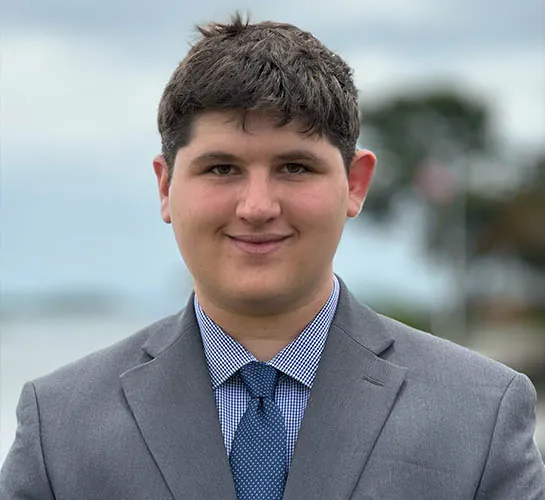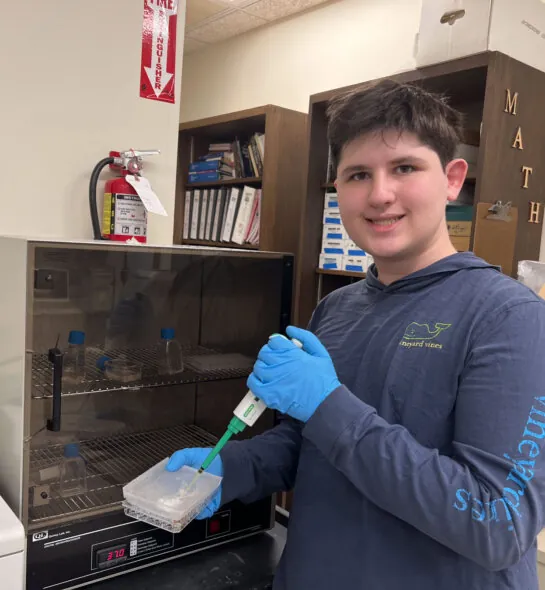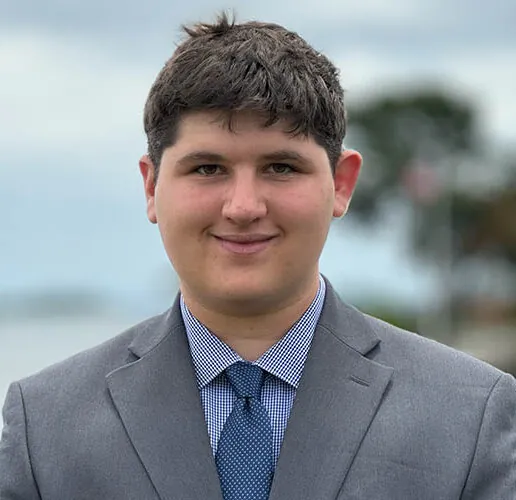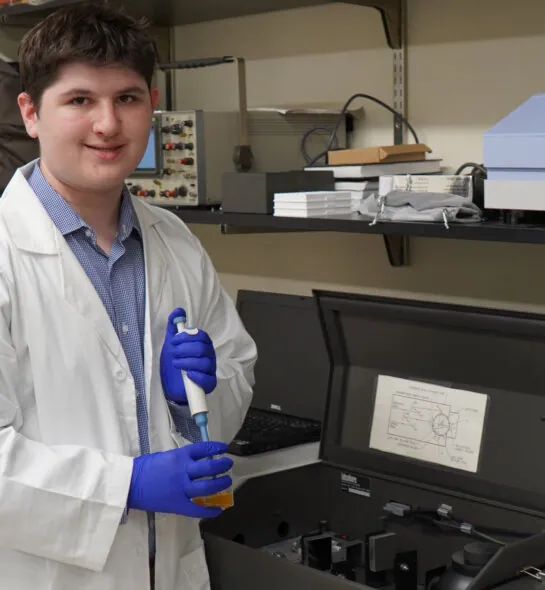Deeper Dive
Melting Arctic ice is one of the fastest accelerators of climate change. As white, reflective glaciers disappear, they reveal darker ocean surfaces that absorb more solar energy, creating a feedback loop that speeds global warming. Current solutions such as carbon capture and emissions reduction target root causes but fail to address this reinforcing mechanism. My research focuses on breaking that cycle by increasing ice reflectivity using a genetically engineered microbe already suited for the intense Arctic environment.
I bioengineered Cryobacterium, a native glacial bacteria, to produce reflective silica (glass) using genes from diatoms, a marine algae that naturally synthesize glass. When introduced to glacier surfaces, these bacteria generate silica from naturally occurring dissolved silicon, helping the ice reflect more sunlight and absorb less heat. Unlike previous methods such as silica microbeads — which are expensive, short-lived and ecologically invasive — this approach is low-cost, self-sustaining and biologically integrated. Once deployed, the Cryobacterium can replicate independently and continue producing silica across melt and freeze cycles.
Climate modeling suggests that this intervention could not only slow melt rates but also reverse Arctic ice loss. My simulations show a potential shift from the current net loss of 9.6 × 10⁹ m² of ice annually to a gain of 2.80 × 10⁹ m² per year. This gain could offset projected sea level rise, significantly reducing flooding risk for coastal cities and low-lying communities. By preserving glacial mass, this method directly addresses one of the key physical feedbacks driving climate change.
My project was prompted by local experiences with sea level rise. In my coastal community, I have seen roads flood and infrastructure strained. These firsthand observations motivated me to pursue a solution with both global and local relevance. I wanted to contribute a scalable approach that does not rely on continuous industrial intervention but instead leverages biological systems to restore climate balance.
Ultimately, I see this research as a contribution to the broader toolbox of climate solutions. While policy and emissions reduction are essential, they often move slowly and do not directly address existing damage. My approach complements those efforts by stabilizing one of the most vulnerable parts of the Earth’s climate system. It offers a way to buy time by preserving Arctic ice while long-term solutions take effect.
If implemented, my project could reduce glacial melt and slow sea level rise, helping to protect coastal communities from flooding, property loss and displacement. As sea levels rise, even moderate storms can overwhelm infrastructure, contaminate freshwater supplies and permanently alter local economies. By preserving Arctic ice, this work also helps stabilize global climate systems that influence temperature, precipitation and storm activity. Reduced warming would ease pressure on agriculture, lessen the frequency of extreme weather events such as hurricanes and droughts, and improve long-term water security. In this way, I see my project addressing not only environmental damage but also public health, economic stability and quality of life for vulnerable populations around the world.



